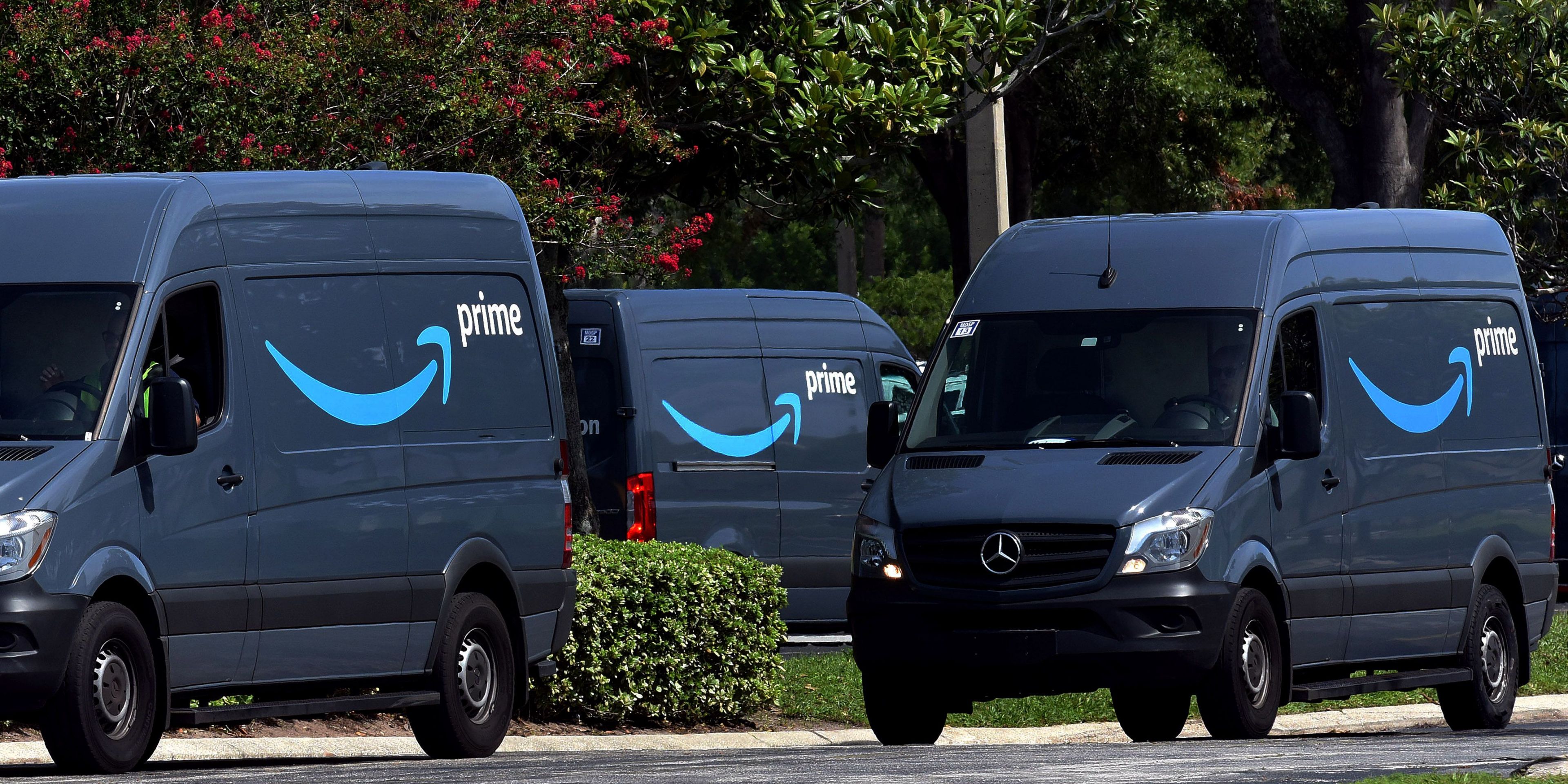As the world becomes more socially distant while trying to contain coronavirus, a large portion of the population is now working remotely. This is creating a major strain on the internet and experts are starting to wonder if the world wide web can handle it.
With companies asking staff to work from home, remote communication and workflow management apps are experiencing a serious surge in users. Platforms like Zoom, Microsoft Teams and Google Hangouts have all reported huge growth over the last few weeks, and messaging app Slack, has reported a record increase in the number of active users since outbreak-related restrictions came into force in the US. There's also been new apps arriving on the scene to help out, including Around, a new video-chat app. Meanwhile, market leaders like Zoom and Skype has been collecting plenty of new users looking for both a work-related and personal remote communication solution.
As the New York Times explains, these increases have raised doubts over the capacity of the internet and the technology companies to handle the unusual increase in traffic. A huge increase in online activity within a few weeks has left the tech companies with hardly any time to prepare for such a surge. Not to mention, companies have had to make adjustments quickly and at the same time as also ensuring their own staff work from home. This is making it even more difficult for huge companies like Facebook to manage the unprecedented circumstance they are finding themselves dealing with. In short, both the internet and the companies are getting pushed to their limits.
Will Coronavirus Crash The Internet?
Facebook group voice calls have seen a 1000 percent rise in Italy. Likewise, with video-chats replacing face-to-face meetings, there has obviously been an increase in the use of services like Zoom, FaceTime and Skype. Houseparty app is one that combines quirky features with video-chat, and that too has earned a lot of new users recently. Although this might help companies expand business in the long run, the sudden short-term rise in activity can be difficult to manage. While Amazon is hiring an extra 10,000 workers to handle the growth in online shopping, access to the internet is beginning to be slowed down with authorities requesting streaming services like Netflix lower video quality to ease the pressure on networks.
With so much going on, it is sensible to start thinking about the limits of our digital infrastructure. Although most servers are equipped to take a certain amount of unexpected traffic, the current situation is unprecedented. While China starting to get back to normal certainly helps, some of the biggest internet user bases in the world (India, the US and Europe) are currently looking at an extended period of strict quarantine. This also might mean that the coronavirus pandemic has yet to even begin exerting its pressure on the internet.
Source: NYT


